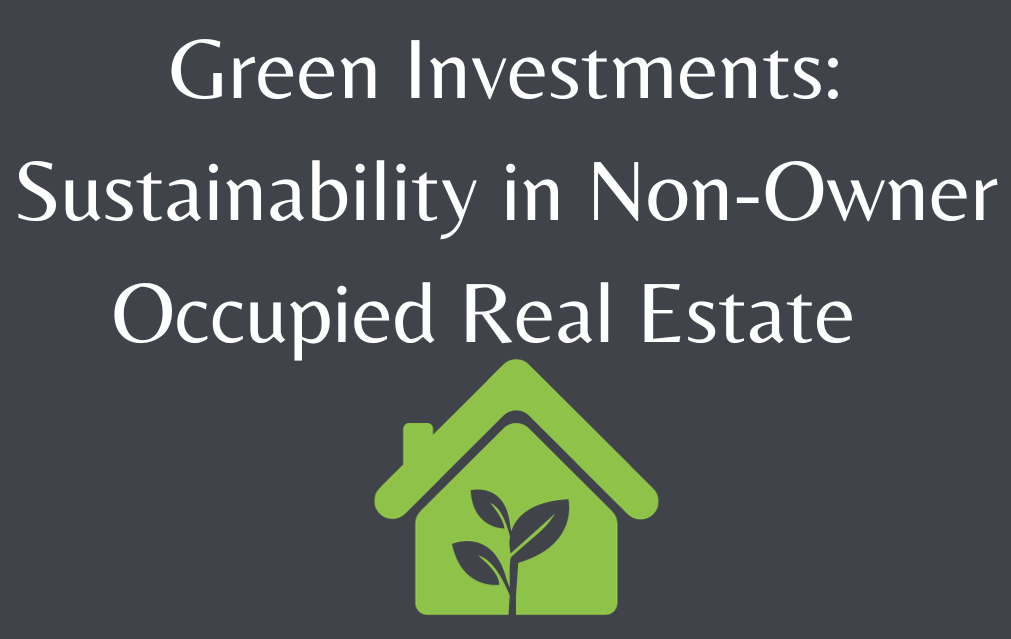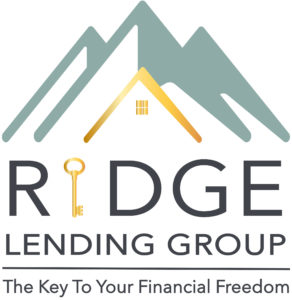In recent years, the real estate market has witnessed a paradigm shift towards sustainable and eco-friendly practices. Investors in non-owner occupied properties are increasingly recognizing the value of incorporating green initiatives into their portfolios. Beyond the environmental benefits, these practices can significantly enhance the value of non-owner occupied investments. In this article, we explore various environmentally friendly practices and eco-friendly property upgrades that can make a lasting impact on both the planet and your investment returns.
1. Energy Efficiency Upgrades: A Win-Win Investment
Investing in energy-efficient upgrades not only reduces the property’s carbon footprint but also translates into cost savings for both landlords and tenants. Consider installing energy-efficient appliances, LED lighting, and programmable thermostats. For a more substantial impact, explore options like solar panels or wind turbines, providing a renewable energy source for the property.
2. Sustainable Landscaping: Curb Appeal with a Green Touch
Enhance the property’s aesthetics while promoting sustainability by adopting eco-friendly landscaping practices. Opt for native plants that require less water and maintenance, install a drip irrigation system, and incorporate permeable surfaces to manage rainwater runoff effectively. Not only does this appeal to environmentally conscious tenants, but it also contributes to the property’s overall curb appeal.
3. Water Conservation Measures: A Smart Investment
Water-efficient features not only conserve a precious resource but can also attract environmentally conscious tenants. Consider installing low-flow faucets and toilets, as well as smart irrigation systems that adjust water usage based on weather conditions. This not only aligns with sustainability goals but can also contribute to reduced water bills over time.
4. Smart Home Technology: Sustainability with Convenience
Integrating smart home technology can enhance both the property’s sustainability and its market appeal. Smart thermostats, lighting systems, and security features not only contribute to energy efficiency but also provide tenants with convenient tools to manage their environmental impact. Highlighting these features can attract tech-savvy renters looking for eco-friendly living spaces.
5. Eco-Friendly Materials and Construction Practices: Long-Term Sustainability
When renovating or constructing non-owner occupied properties, consider using sustainable building materials such as bamboo flooring, recycled glass countertops, or reclaimed wood. Not only do these materials have a lower environmental impact, but they also contribute to the property’s unique character, attracting tenants who appreciate eco-conscious living spaces.
6. Certification and Recognition: Showcasing Environmental Commitment
Obtaining certifications like LEED (Leadership in Energy and Environmental Design) or Energy Star can add significant value to non-owner occupied properties. These certifications not only demonstrate a commitment to sustainability but also make the property more marketable to tenants who prioritize environmentally conscious living.
7. Green Leasing: Encouraging Sustainable Tenant Practices
Incorporate green leasing provisions that encourage tenants to adopt sustainable practices. This could include guidelines for waste disposal, energy usage, and water conservation. Offering incentives for eco-friendly behavior, such as discounts for tenants who participate in recycling programs, creates a sense of community responsibility.
In conclusion, integrating sustainable practices into non-owner occupied real estate investments is not just about being environmentally conscious; it’s a strategic move that enhances property value, attracts a growing demographic of eco-conscious tenants, and future-proofs your investment against evolving market preferences. By adopting green initiatives, investors can contribute to a more sustainable future while reaping the financial benefits of a forward-thinking approach to non-owner occupied real estate.


